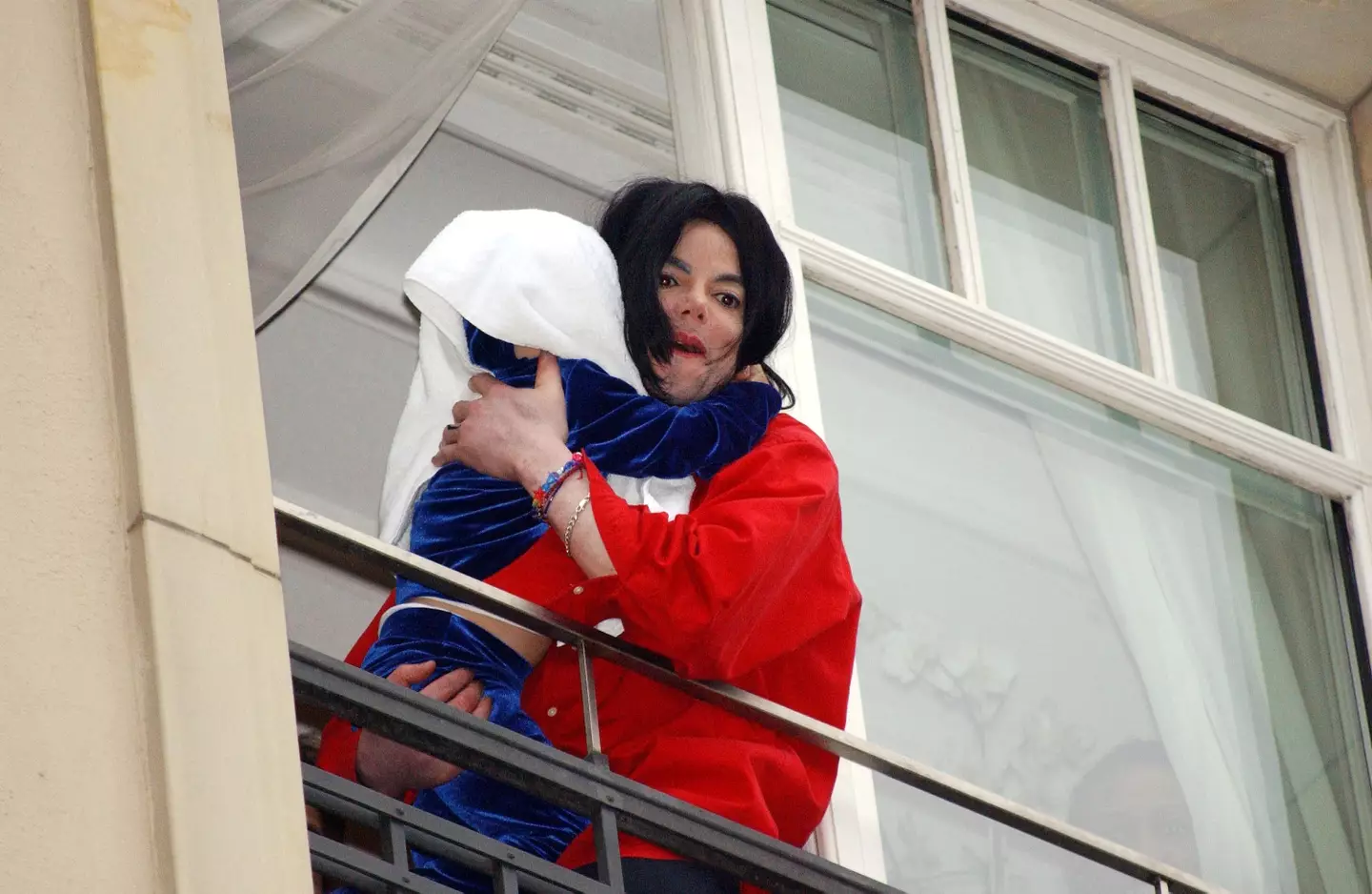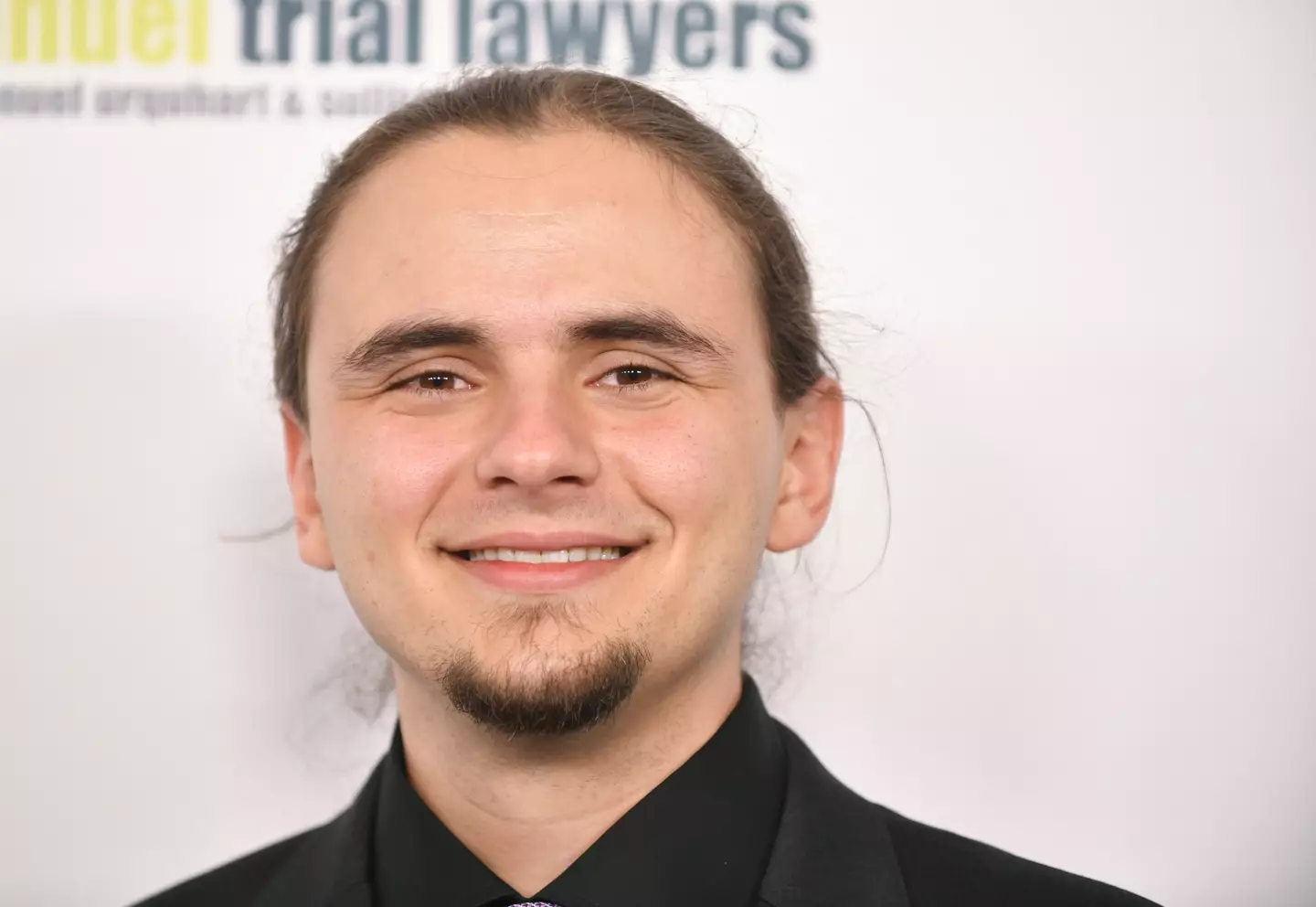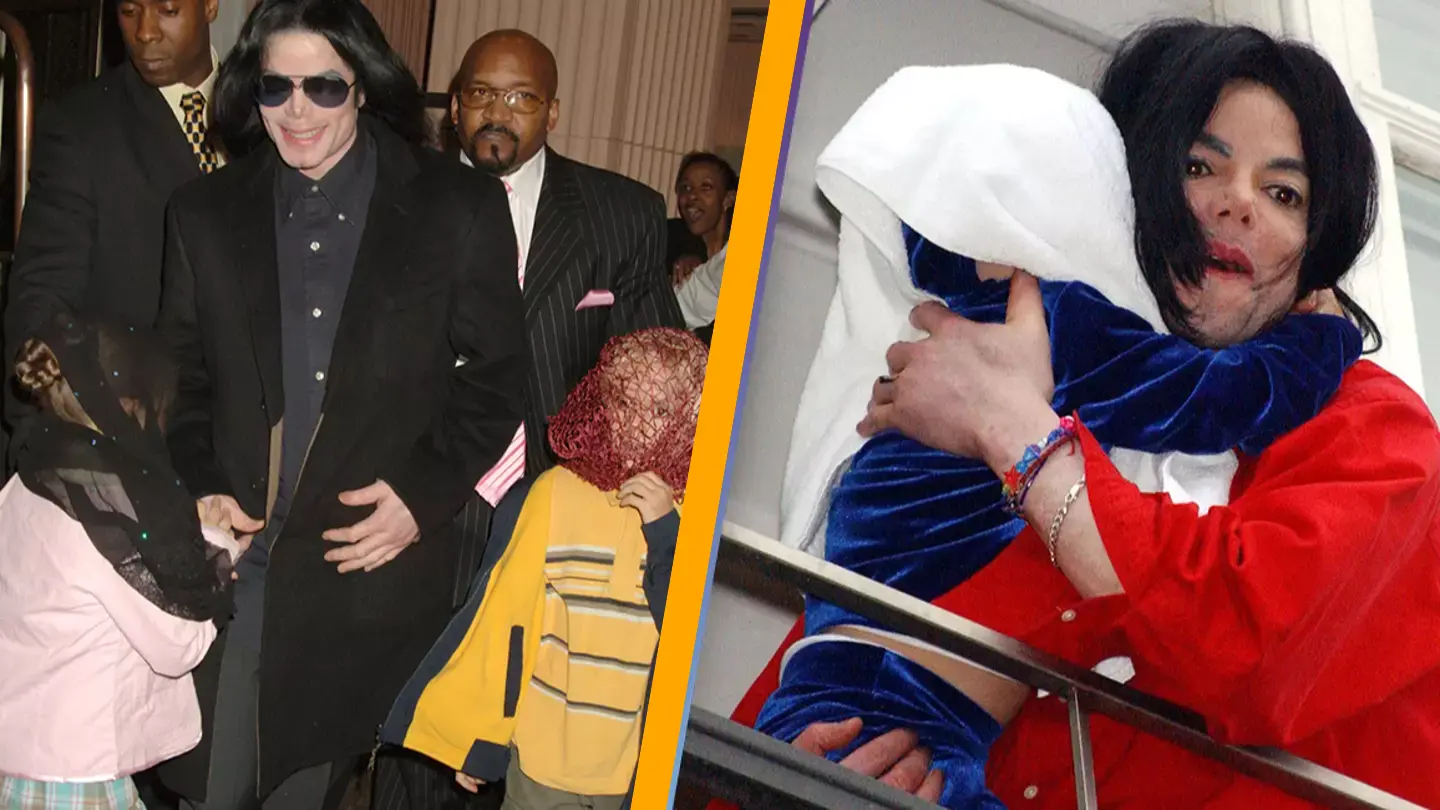Prince Jackson has shared insights into why Michael Jackson used to cover his children’s faces in public.
While it might seem obvious that a celebrity would want to shield their kids from the public eye, Michael Jackson’s behavior has often been scrutinized. Thus, it makes sense that his son, Michael Joseph Jackson Jr.—known as Prince—has provided some clarity.
Michael Jackson’s youngest child, Prince Michael Jackson II, was so often seen with his face covered by a blanket that he earned the nickname ‘Blanket.’
This nickname stayed with him for over a decade, but in 2015, he decided to adopt a new moniker and now prefers to be called ‘Bigi’ or ‘Bigi Jackson’ in full.
There is a particular reason why Michael Jackson would cover his children’s faces, often using a blanket or another item to do so. This reason was elaborated by his firstborn, Prince, whose mother is Michael Jackson’s ex-wife, Deborah Jeanne Rowe.
In a 2006 interview with The Los Angeles Times, Prince explained that Michael spoke to him as if he were an adult, revealing the rationale behind covering their faces.

“He told us the reason for the masks was he wanted us to have our own life without him,” Prince said.
When the children were not with their father, they could go out in public without being recognized. However, the reaction they received when they were with Michael Jackson clearly indicated that their family life was not typical.
“I don’t think I ever thought about if other kids lived like that when I was younger. But once I knew who he was, I realized it wasn’t normal,” Prince added.
Michael’s eldest child also recounted a specific instance that helped him grasp the extent of his father’s fame.

Prince recalled a moment at Disneyland when he went over to a window and saw a crowd of fans waving and taking pictures of him.
He explained: “There were all these fans waving and taking pictures of me. I thought it was normal, so I just waved back.”
“It wasn’t until I saw a video of him performing and people were fainting and passing out, when I realized the work he did meant a lot to people.”

